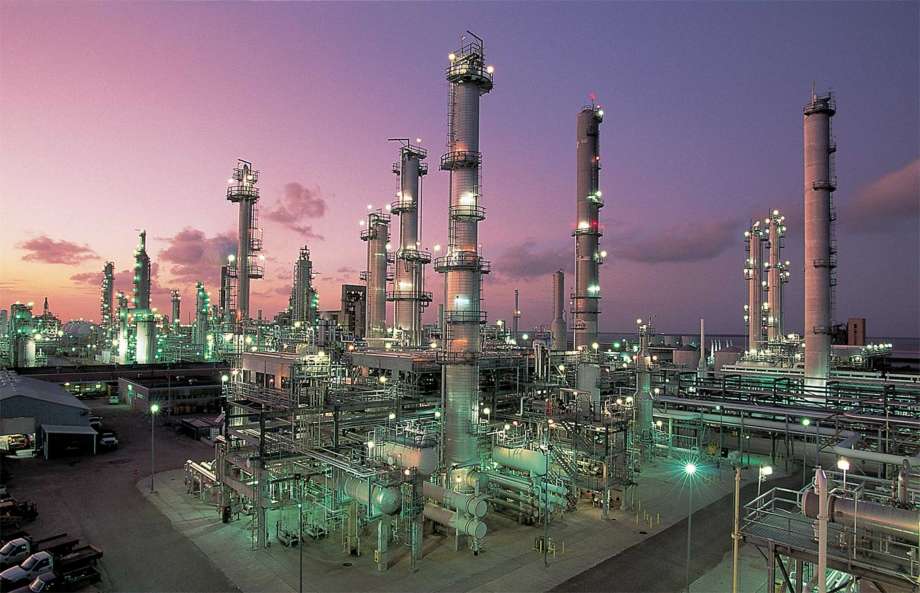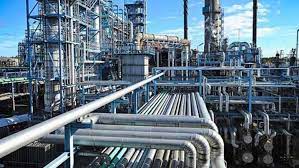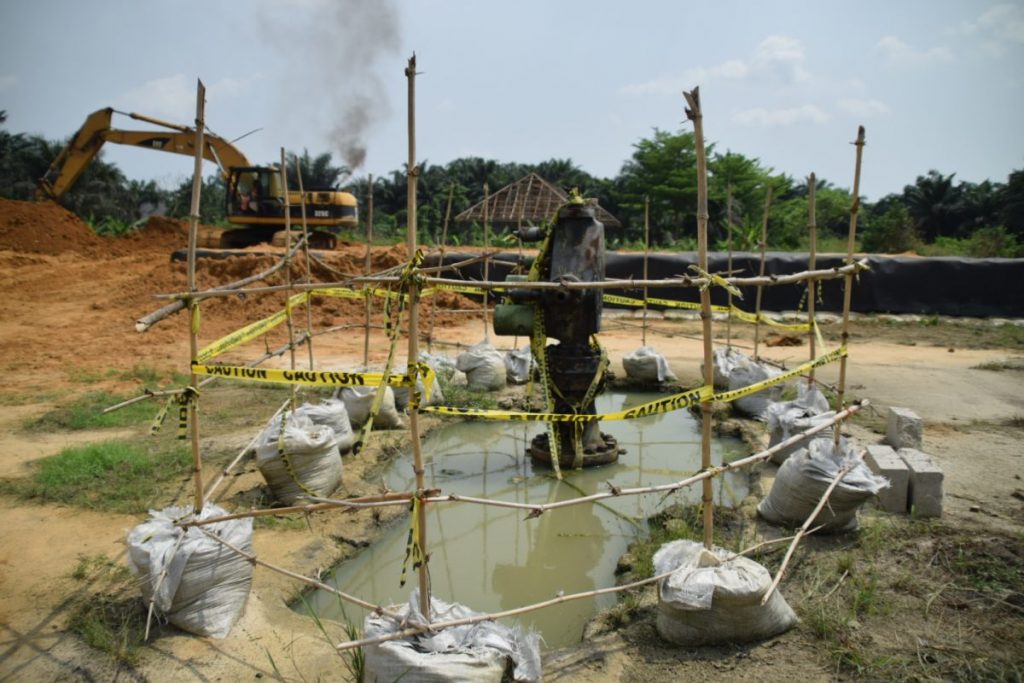
05 September 2013, News Wires – Increases in U.S. oil and natural gas production are playing a key role in improving the U.S. economy, White House officials noted in a recent entry on the White House blog.
National Economic Council Director Gene Sperling and Jason Furman, chairman of the Council of Economic Advisors, in an August 29 blog entry, referenced a report by the Bureau of Economic Analysis in which the bureau upwardly revised its estimate of second quarter gross domestic product from 1.7 percent to 2.5 percent.
The stronger growth estimated resulted from an upward revision of net exports; a key part of that revision can be attributed to the petroleum trade deficit falling to a record low in June, Sperling and Furman said.
“This is yet another reminder that the President’s focus on increasing America’s energy independence is not just a critical national security strategy, it is also part of an economic plan to create jobs, expand growth and cut the trade deficit,” Sperling and Furman noted.
They added that the United States is on track to meet President Obama’s goal of cutting U.S. oil imports by half by 2020.
The American Petroleum Institute (API) in a Sept. 3 blog entrypraised senior White House officials for pointing to oil and gas natural gas production increases as key factors in an improving U.S. economy, but took issue with officials’ assertion that the U.S. government played a key role in boosting domestic energy production.
“We’ve long talked about the connection between increased domestic oil and natural gas production and job creation,” said API in the blog post. “With increased access to U.S. reserves offshore and onshore and a common sense approach to regulatory policy, we can build on the energy momentum noted by Sperling and Furman.”
Citing reports from the U.S. Energy Information Administration and the Congressional Research Service, API noted that the growth in U.S. oil and gas output has mainly occurred on private lands, while production on federal land has decreased. API also noted that the research and development efforts and technological innovations that resulted in the U.S. shale boom came largely from industry efforts.
“That we’re producing more oil and natural gas despite current federal policy, not as a result of it, must be understood so we can make policy choices that help increase domestic energy – and job creation, economic stimulus and improved balance of trade,” API commented.
The Western Energy Alliance also weighed in on the White House blog.
“It continually amazes me that the President is so focused on so focused on government as the answer to everything, that he continues to try to claim credit for the huge increase in U.S. oil and natural gas production,” said Kathleen M. Sgamma, vice president of government and public affairs for WEA, in a statement to Rigzone.
Sgamma noted that private sector investment in developing technology and exploring new shale plays “absolutely dwarfs” the small government investment in basic research mostly done decades ago.
Sgamma also echoed API’s comments that the success in boosting U.S. energy production while reducing foreign exports is in spite of, not because of the federal government, “which continues to erect obstacles to domestic oil and gas production.”
U.S. oil and gas production has grown significantly thanks to production from unconventional oil and gas plays such as the Bakken, Eagle Ford and Marcellus shale plays. North Dakota oil and gas production hit a record high in April thanks to production from the Bakken and Three Forks formations. Oil production from the Eagle Ford play in South Texas rose to over 621,000 barrels per day in June, Reuters reported last month.
– Rigzone



